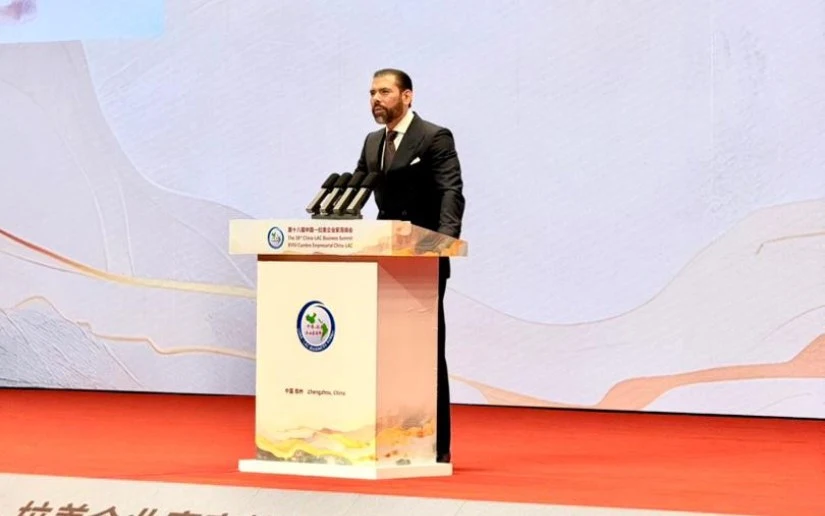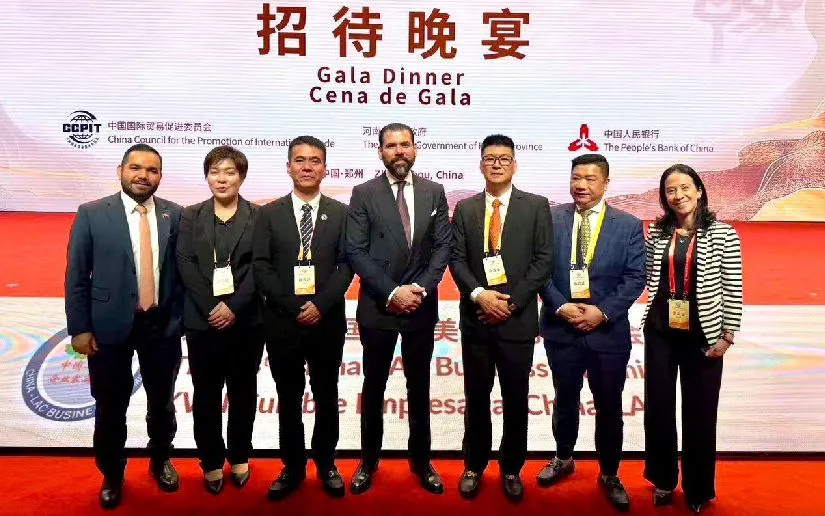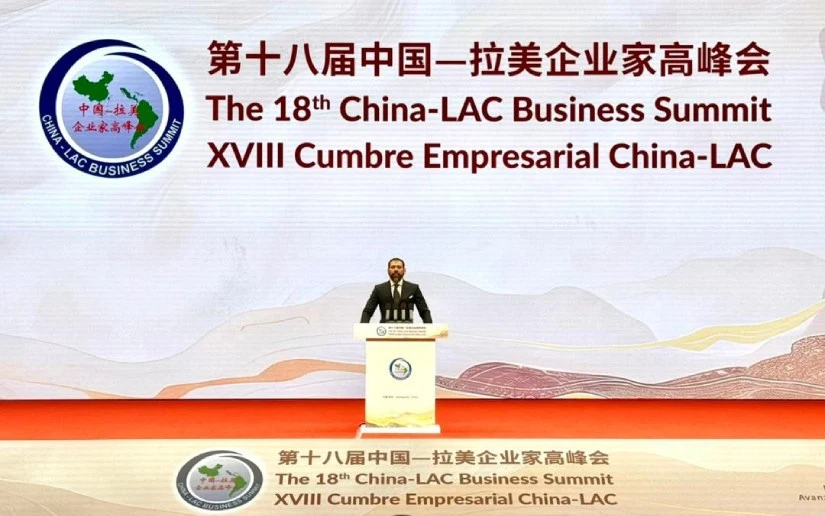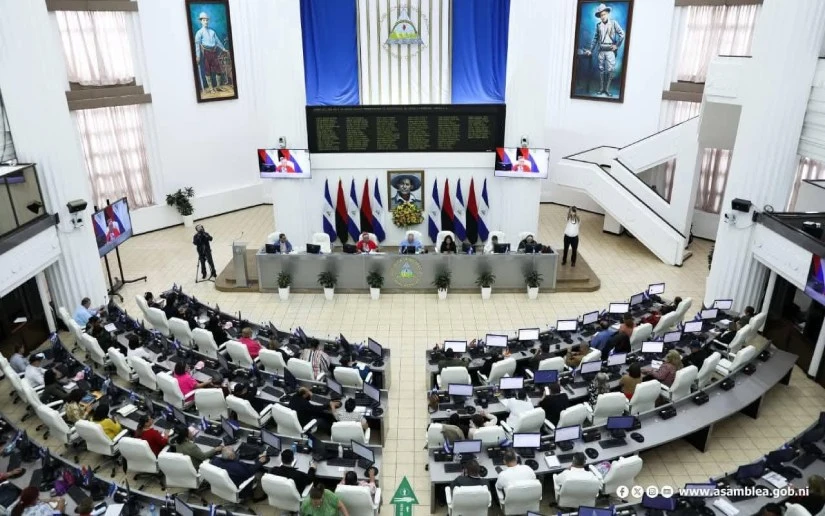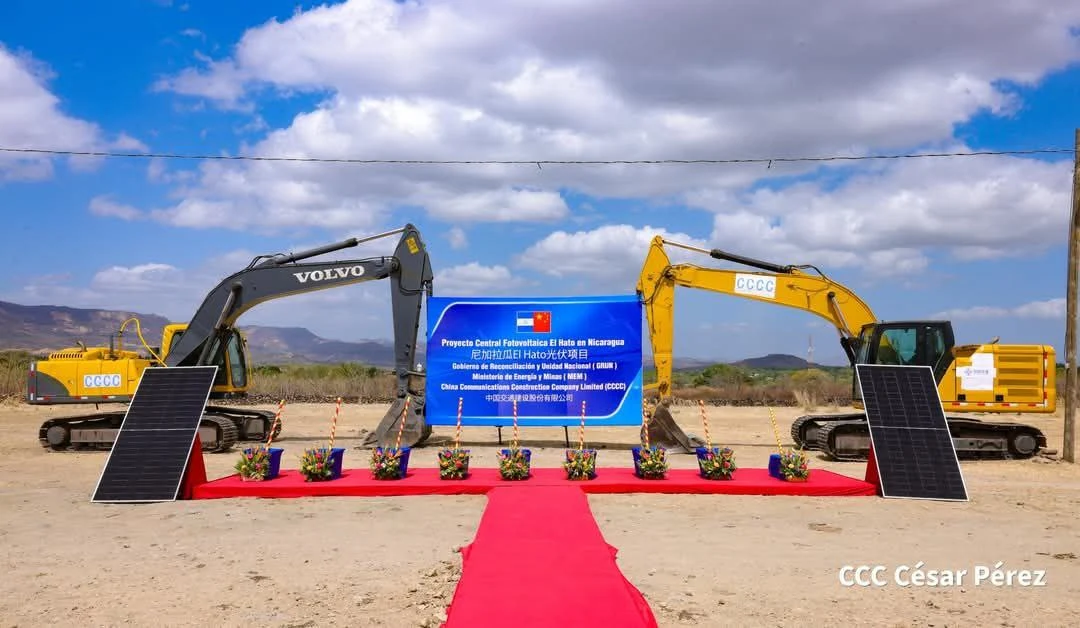The China-LAC Community of Shared Future Ship: Set Sail for a Brighter Future
In 2014, President Xi Jinping first proposed the initiative to build a China-Latin America and the Caribbean (LAC) community of shared future, which has garnered broad and active support from countries in the region. Over the past decade or so, from traditional infrastructure investments to the emerging green transition, and from increasingly close bilateral ties to comprehensive cooperation in thriving development, China and LAC are becoming close friends and partners for a shared future. China-LAC relations in the new era, characterized by equality, mutual benefit, innovation, openness, and well-being for the people, have achieved new progress.
Trust as a rudder to stabilize the course of development
Political mutual trust is the cornerstone for the development of China-LAC relations. Since the establishment of diplomatic relations between China and Cuba in 1960, which marked the beginning of diplomatic ties between China and LAC, both sides have enjoyed more than 60 splendid years together. In recent years, Nicaragua and Honduras have successively reestablished or established diplomatic relations with China. China and Cuba have worked together to build the China-Cuba community with a shared future. The positioning of China-Brazil relations has been elevated to jointly building a community with a shared future for a more just world and a more sustainable planet. China and Nicaragua established a Strategic Partnership just two years after the reestablishment of diplomatic relations. More and more countries in the region have responded to and actively participated in initiatives proposed by President Xi Jinping, such as the Belt and Road Initiative, the Global Development Initiative, the Global Security Initiative, and the Global Civilization Initiative. This has not only fully demonstrated the recognition and support of Latin American and Caribbean countries for Chinese initiatives, but also vividly reflected the continuous deepening of political mutual trust between China and LAC.
China always firmly supports countries in the region in pursuing the path of development in line with their respective national conditions and resolutely supports them in defending their sovereignty, independence, and territorial integrity. During the pandemic, medical supplies donated by China, traveling thousands of kilometers, arrived in LAC in a timely manner to assist in its anti-epidemic efforts; during earthquakes, Chinese rescue teams worked around the clock to save lives; and during forest fires, China felt as if it were experiencing them firsthand and actively offered its support. Each of these fraternal gestures is a perfect example of China's status as a good and trustworthy partner. In multilateral forums, China consistently speaks in favor of Latin American and Caribbean countries and supports regional integration in Latin America and the Caribbean, developing relations with the region's countries based on mutual respect, equal treatment, and non-interference in internal affairs. It can be said that, within the framework of the China-LAC community with a shared future, both sides, guided by trust, have forged consensus on cooperation, thus taking China-LAC relations to new heights.
Cooperation as an oar to benefit the people
"Mutual benefits and shared win-win results" have become the key phrases of Sino-Latin American and Sino-Caribbean cooperation. In recent years, economic and trade cooperation between China and LAC has expanded from traditional to emerging areas such as new energy, digital technology, and cross-border e-commerce. Cooperation between the two sides has been strengthened and upgraded, constantly unleashing new dynamism. China is LAC's second-largest trading partner and has been the largest trading partner of many countries in the region for many consecutive years. Today, typical LAC products such as beef, coffee, shrimp, avocados, and cherries can be seen everywhere in major Chinese cities and e-commerce platforms, while Chinese electric vehicles are circulating on the streets of LAC, demonstrating the vitality of China-LAC economic and trade cooperation.
Through the combined efforts of both sides, a series of cooperation projects have been implemented with tangible results in the countries of the region. The Library, built with Chinese assistance, is already a famous local landmark and a scientific and educational center; the International Airport, rebuilt with Chinese participation, is now an important connection between the country and the world; the Industrial Park has become the high-value-added green light industrial park with the highest level of automation and intelligence in the region; the highway built by China is praised by locals as a "path to prosperity"; the housing project, supported by Chinese financial support, significantly improves the quality of life for hundreds of families; and the vocational training project proposed by China further supports the development of technological skills for local workers. Cooperation between the two sides, based on infrastructure and geared toward innovation, has contributed to the interconnectivity of LAC, bringing tangible benefits to local communities.
Civilization as a Candle to Bring Both Peoples Closer Together
Intercultural exchange has always been the bond between the Chinese and Latin American and Caribbean peoples. Both China and LAC have rich historical traditions and profound cultural heritage. China is one of the oldest civilizations in the world, and the three major ancient civilizations, namely the Mayans, the Aztecs, and the Incas, were born in LAC. The civilizational exchange between China and LAC goes back a long way. As early as more than 400 years ago, the Chinese, braving stormy waves, opened the Maritime Silk Road across the Pacific Ocean. Since then, both sides have maintained an uninterrupted flow of exchanges. From the Great Wall to Machu Picchu, and from the Mogao Caves to the Pyramid of Chichén Itzá, the splendid ancient civilizations of China and LAC enhance each other.
Equally advocating for civilizational diversity, China and LAC maintain that civilizations need "dialogue" rather than "exclusion," and "exchange" rather than "substitution," and that diverse civilizations should engage in exchanges and take each other as a reference on the basis of equality, respect, and inclusion. Currently, more than 60 Confucius Institutes or Confucius Classrooms have been established in LAC. Since the opening of the Confucius Institute at UNAN-Managua, the study of the Chinese language has sparked unprecedented enthusiasm, and the second Confucius Institute will soon be inaugurated at UNAN-León. These transregional cultural interactions have not only increased mutual respect and in-depth understanding of each other's cultures, but have also laid a solid foundation of public opinion to consolidate the China-LAC community of shared future.
As a Chinese saying goes: "Close friendship erases distance." With the same dreams and aspirations, the great ship of the China-LAC community with a shared future will sail the waves with unstoppable momentum and toward a brighter future.
Source: 19 Digital
